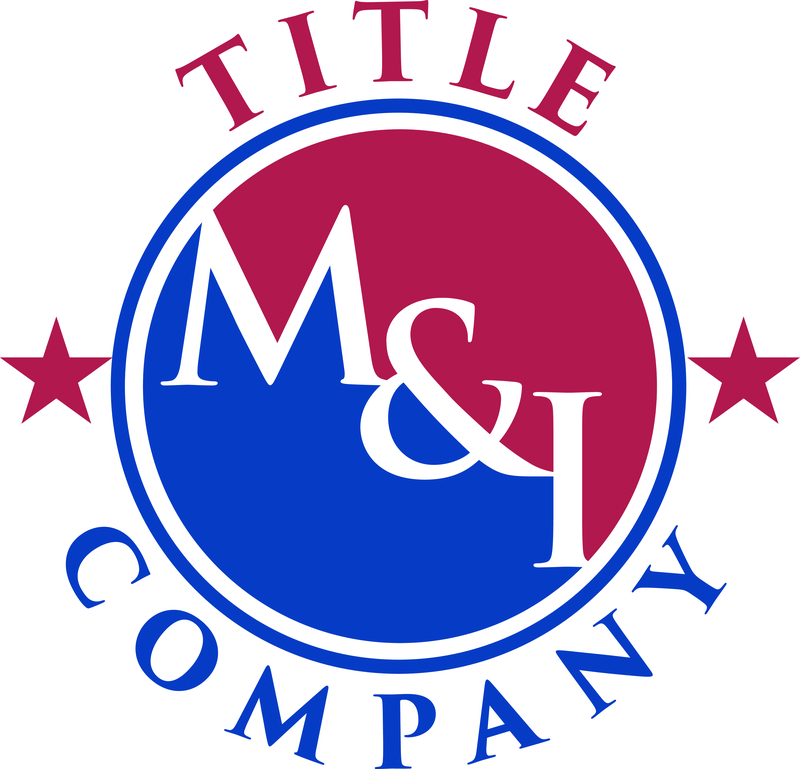I have been hearing a lot of talk about Reverse Mortgages (aka Lifetime Mortgages) lately so I decided I wanted to find out a little bit more about them. Upon first hearing about them, I thought that they were a terrible idea, but after finding out a little bit more, I can now at least see some of the potential advantages to having one. Either way, I am not a mortgage expert and most of what is included in the article was what I found during a couple hours of research about them – so if you see anything that is not correct – let us know in the comments!What is a Reverse Mortgage?
Just as the name suggests, it works the opposite as a typical mortgage. So instead of you making payments to your lender to increase the equity of your home, you actually receive payments (or one big payment) from the lender that comes from your home’s equity. Just like many financial products there seem to be a million and one options for them – which is nice, but tends to make it confusing for many who would be interested in one.
How does it work?
The customer typically owns their home outright or just about has it paid off. There is a good Reverse Mortgage Calculator that will help you estimate how much you could get – in a lump sum or in monthly payments from the lender. As mentioned above, these funds come from your home’s equity. So, if you start out owning your home completely, after year one you might only have 90% equity left, after year two 80%, etc. This continues until the house is sold or the owner moves out.
Who would be interested in a Reverse Mortgage?
They were designed for older adults who would like to turn their home equity into cash as they are in their later years. In fact, in order to be eligible for a Reverse Mortgage, the borrower needs to be at least 62 years old and live in the home. The idea is that older adults who might not be receiving enough from social security could get an additional boost by tapping the equity of their homes.
Advantages of Reverse Mortgages
- The proceeds of the Reverse Mortgages are generally tax-free – woo hoo!
- Even if you outlive the loan, you can stay in your home. This was one of my first concerns when I heard about them – what happens when the equity goes down to $0 and the bank owns the house? But, apparently this is where the Lender and their insurance companies are taking a bit of a gamble. Don’t worry, they aren’t just doing it out of the goodness of their hearts – they are being compensated for their risk…
- The proceeds received do not directly affect Social Security and Medicare benefits.
- At the end of the loan, the borrower (or their family) can sell the house and typically can keep the difference or pass it along to heirs.
Disadvantages and things to watch out for
- According to Wikipedia “if borrowers receive Medicaid, SSI, or other public benefits, loan advances will be counted as “liquid assets” if the money is kept in an account (savings, checking, etc.) past the end of the calendar month in which it is received. The borrower could then lose eligibility for such public programs if his or her total liquid assets (cash, generally) is then greater than those programs allow.”
- Reverse Mortgages cost an arm and a leg. Just like an annuity, many customers are willing to sacrifice the high costs in exchange for the “safety” or “guarantee”. But as recent days have shown us, there aren’t any companies that we can be sure will be around in 20 years.
My thoughts on Reverse Mortgages
Like I mentioned before, initially I thought they weren’t a good idea, but I can see situations where they could be helpful to some people. As we see more people enter the retirement stage of life – who don’t have any savings, I think there are going to be increases in the number of Reverse Mortgages taken out. For most people who can afford their standard of living or who can adapt, It seems like they are just a bit too expensive. On the other hand, for those who don’t have much income, who want to stay in their house, and are willing to sacrifice the costs for security – it could be a viable option.
Update: The FHA has reduced the maximum reverse mortgage loan amount.
About the author:
Bob enjoys dark chocolate, paying off debt, giving, Foosball, loose-leaf tea, helping people succeed, learning, anything God created, playing guitar, doing things the “long” way, Philippians, excellence, Chick-Fil-A, and making his wife smile. He started ChristianPF in 2007 and has been having a blast ever since. Find him on Facebook & Twitter.
This article was originally published on Christian PF and was reprinted here with permission.



Leave a Reply
You must be logged in to post a comment.